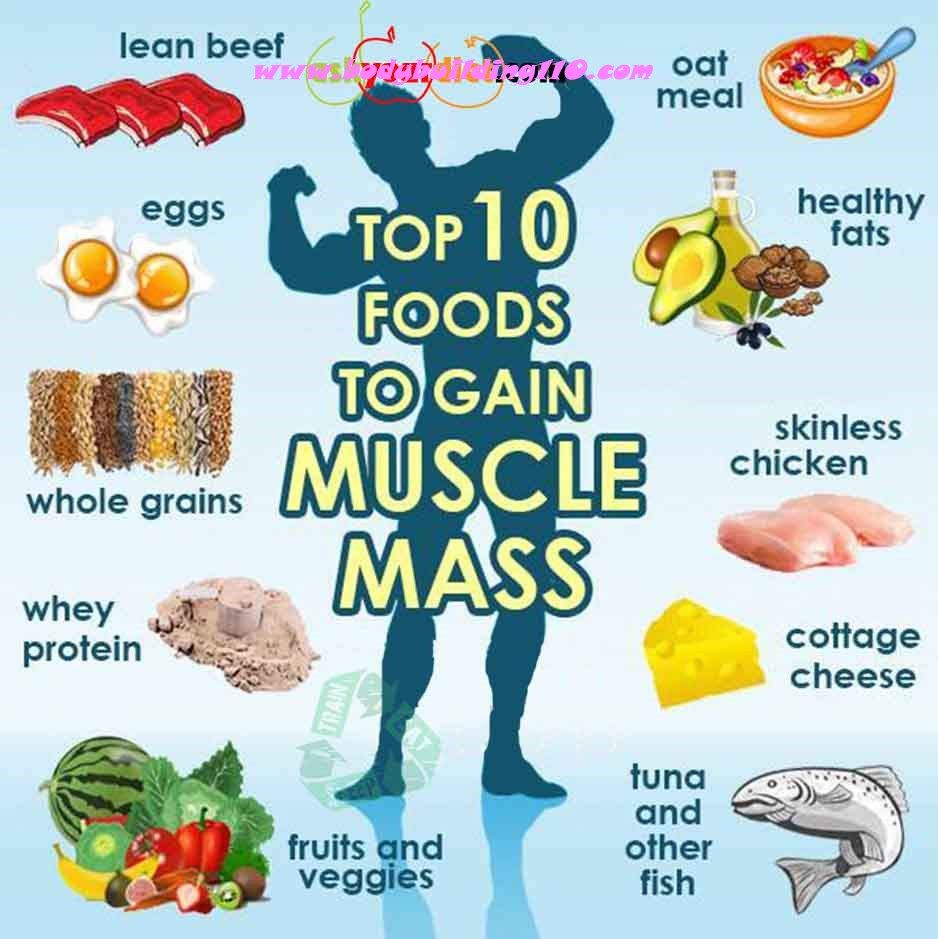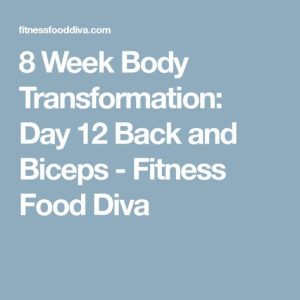
When it comes to building muscle mass, a combination of proper training and nutrition is essential. If your goal is to bulk up and increase muscle size while minimizing fat gain, following a balanced and nutrient-rich diet is crucial. In this article, we will explore ten nutrition tips that can help you achieve your lean bulking goals.
1. Prioritize Protein Intake
Protein is the building block of muscles, and it is vital for muscle growth and repair. Aim to consume a sufficient amount of high-quality protein sources such as lean meats, poultry, fish, eggs, dairy, and plant-based proteins like legumes and tofu. Protein shakes or bars can also be effective, convenient options to supplement your protein intake.
2. Consume Enough Calories
To gain muscle mass, you need to consume more calories than you burn. Calculate your total daily energy expenditure (TDEE) and aim to eat slightly above this number, ensuring a surplus of calories. However, be mindful not to overeat or rely on processed foods. Opt for nutrient-dense, whole foods to fuel your body and support muscle growth.
3. Include Complex Carbohydrates
While protein is crucial, carbohydrates provide the necessary energy to fuel intense workouts. Opt for complex carbohydrates like whole grains, sweet potatoes, quinoa, brown rice, and oats. They provide a steady release of energy and are rich in fiber, vitamins, and minerals. Avoid refined carbohydrates as they lack nutritional value and can lead to weight gain.
4. Don’t Neglect Healthy Fats
Fats are essential for hormone production and the absorption of fat-soluble vitamins. Include healthy fats in your diet from sources like avocados, nuts, seeds, olive oil, and fatty fish such as salmon. Aim for a balance between omega-3 and omega-6 fatty acids to support overall health.
5. Prioritize Post-Workout Nutrition
After an intense workout, your muscles need replenishment for optimal recovery and growth. Consume a meal or shake containing both protein and carbohydrates within 30 minutes to an hour post-workout. This helps kickstart the muscle repair process and replenishes glycogen stores.
6. Optimize Pre-Workout Nutrition
Proper pre-workout nutrition can enhance energy levels and improve performance. Consume a small meal or snack containing both protein and carbohydrates 1-2 hours before your workout. This allows your body to digest and absorb the nutrients, providing the fuel needed for a productive training session.
7. Hydrate Well
Proper hydration is crucial for overall health and performance. It aids digestion, nutrient absorption, and helps maintain optimal muscle function. Aim to drink at least 8 glasses of water per day and increase your intake during workouts to compensate for sweat loss. Electrolyte-rich beverages, such as coconut water, can be beneficial for replenishing electrolytes lost during intense training.
8. Increase Meal Frequency
Instead of relying on three large meals a day, consider dividing your meals into smaller, more frequent portions. This approach can help ensure a steady supply of nutrients to your muscles throughout the day, improving muscle recovery and growth. Aim for 4-6 meals or snacks evenly spaced throughout the day.
9. Track Your Progress and Adjust as Needed
Everyone’s body is unique, and what works for one person may not work for another. Keep track of your progress and make adjustments to your nutrition plan as needed. Monitor your body composition, strength gains, and overall well-being. If necessary, consult with a registered dietitian or sports nutritionist for personalized guidance.
10. Get Adequate Rest
Lastly, don’t overlook the importance of rest and recovery. Building muscle requires a balance between training, nutrition, and rest. Make sure to get enough sleep and allow your muscles to recover between workouts. This will ensure optimal muscle growth and prevent overtraining.
In conclusion, gaining muscle mass while minimizing fat gain requires a focused approach to nutrition. Prioritize protein intake, consume enough calories, and include a balance of complex carbohydrates and healthy fats. Pay attention to pre and post-workout nutrition, stay hydrated, and increase meal frequency. Track your progress, listen to your body, and make adjustments as needed. Lastly, give your body the rest it needs to recover and grow. By following these ten nutrition tips, you’ll be well on your way to achieving your lean bulking goals.

